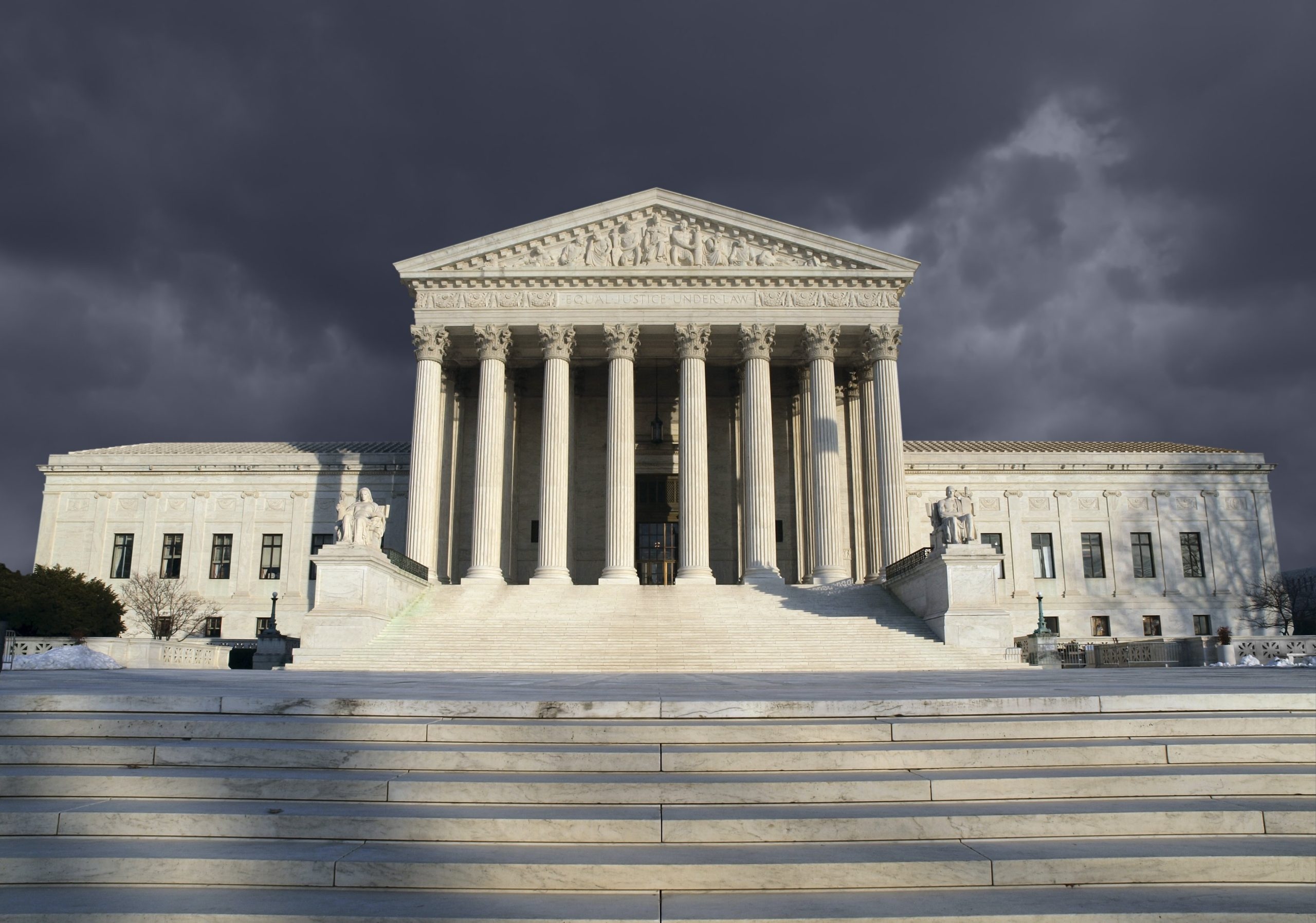Supreme Court denies Trump request to block $2 billion foreign-aid payment


A divided Supreme Court on Wednesday turned down a request by the Trump administration to lift an order by a federal judge in Washington, D.C., that had directed the State Department and the U.S. Agency for International Development to pay nearly $2 billion in foreign-aid reimbursements for work that has already been done.
In a brief unsigned opinion, the court noted that the Feb. 26 deadline for the government to make the payments had already passed. It instructed U.S. District Judge Amir Ali to clarify what obligations the Government must fulfill to ensure compliance with the temporary restraining order that Ali has entered in the case, paying attention to how feasible it is for the government to comply with those timelines.
Ali is expected to hold a hearing on the aid groups motion for a preliminary injunction which, if granted, would suspend the freeze on foreign-assistance funding going forward on Thursday, March 6. This means that the dispute could return to the Supreme Court as an emergency appeal again soon.
Four of the courts conservative justices would have granted the governments request to put the order on hold. Justice Samuel Alito, in a dissenting opinion joined by Justices Clarence Thomas, Neil Gorsuch, and Brett Kavanaugh, described himself as stunned by the ruling, calling it a most unfortunate misstep that rewards an act of judicial hubris and imposes a $2 billion penalty on American taxpayers.
The brief unsigned order came six days after Chief Justice John Roberts temporarily paused Alis Feb. 25 order, which had ordered the agencies to pay contractors and grant recipients by 11:59 p.m. on Feb. 26 for work that had already been done before he issued a Feb. 13 temporary restraining order that prohibited the State Department and USAID from suspending foreign-aid payments.
In an executive order last month, President Donald Trump ordered a halt to the distribution of foreign-aid funds so that federal agencies can ensure that those funds are only disbursed in ways that are fully aligned with Trumps foreign policy. Following that order, Secretary of State Marco Rubio ordered a freeze on all foreign-aid programs funded by the State Department and the USAID.
Several groups that receive or have members that receive foreign-aid funds challenged the pause in federal court in Washington, D.C. They argued that the funding freeze violated both the federal law governing administrative agencies and the Constitution.
Acting Solicitor General Sarah Harris came to the Supreme Court on Wednesday night, asking the justices to quickly put Alis Feb. 25 order on hold before the deadline for the State Department and USAID to make the payments and then ultimately to lift it. She argued that Alis order infringed on the executive branchs power to make decisions about foreign aid and stands on the brink of placing USAID into a court-run receivership. And although she agreed that the government is committed to paying legitimate claims for work that was properly completed, the government could not pay arbitrarily determined demands on an arbitrary timeline of Alis choosing.
A few hours later, Roberts who handles emergency appeals from Washington, D.C. granted Harriss request to temporarily pause Alis order before the midnight deadline.
Foreign-aid recipients on Friday urged the Supreme Court to quickly lift the Roberts order. In a 21-page brief, they told the justices that the governments actions bring their very existenceand the existence of fellow foreign-aid partnersto the brink. Their work, they said, advances U.S. interests abroad and improvesand, in many cases, literally savesthe lives of millions of people across the globe.
The foreign-aid recipients emphasized that, as a general rule, temporary restraining orders like the one Ali issued on Feb. 13 are not appealable. But the government has not even asked the Supreme Court to lift the TRO, they observed. Instead, it has asked the justices to lift Alis Feb. 25 order directing the government to comply with the TRO and pay for work that had already been completed something that is even less amenable to an appeal than a TRO. Moreover, they noted, because the government has not appealed the temporary restraining order, it would still have to comply with it even if the court were to lift the Feb. 25 order.
In a one-paragraph order on Wednesday, the court emphasized that Harriss request to lift the Feb. 25 order does not challenge the Governments obligation to follow the Feb. 13 temporary restraining order.
Alitos dissent acknowledged Alis frustration with the Government, and that the aid groups had broached serious concerns about nonpayment for completed work. But the courts denial of the Trump administrations request to lift Alis Feb. 25 order, he contended, is, quite simply, too extreme a response. A federal court, he suggested, has many tools to address a partys supposed nonfeasance. Self-aggrandizement of its jurisdiction is not one of them.
This article was originally published at Howe on the Court.
Posted in Emergency appeals and applications
Cases: Department of State v. AIDS Vaccine Advocacy Coalition
